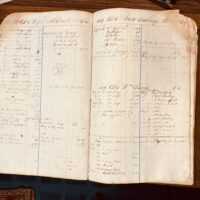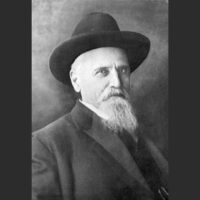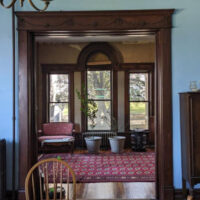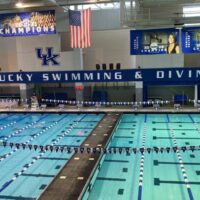Sunday evening at 7 o’clock Hopkinsville time, PBS television stations will air the first episode of “Muhammad Ali,” a four-part documentary film by Ken Burns that explores the life of the Kentuckian who became the world heavyweight boxing champion and, more importantly, the most famous man in the world.
I’ve been waiting on this for weeks. Burns has a singular skill for combining research, writing, images and sound to create deeply intimate stories. (Did you see his eight-part series, “Country Music,” in the fall of 2019? It is one of the most memorable stories I have ever seen — much of it revolving around people and places in Kentucky and Tennessee.)
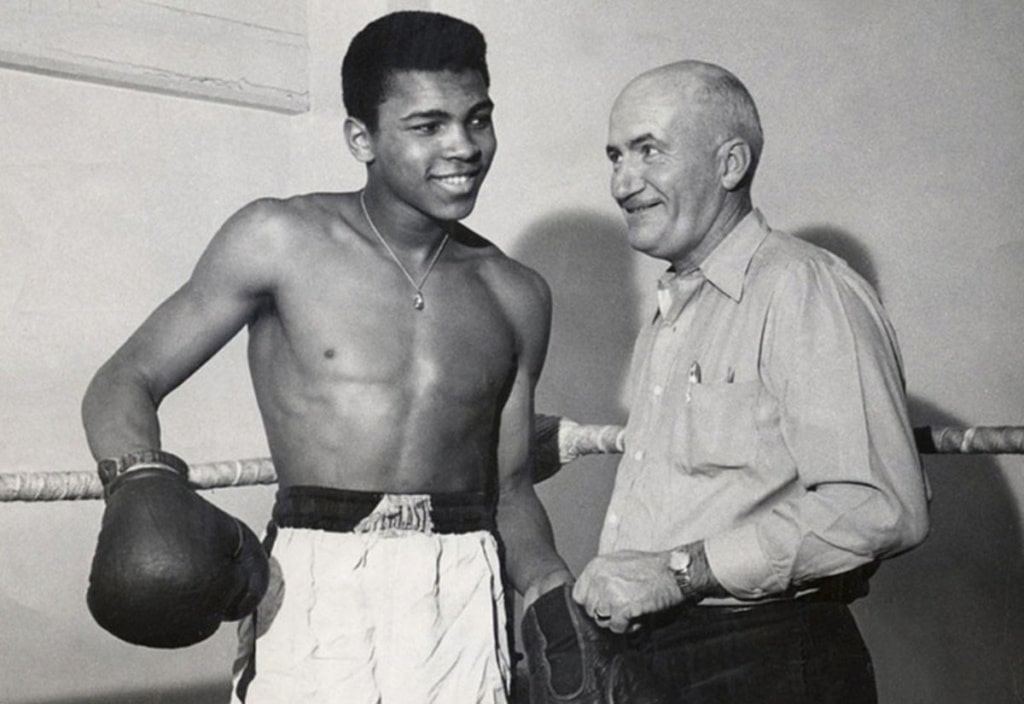
But back to the Ali story. If I’m writing about something for Hoptown Chronicle’s Sunday Brew, you know there has to be a Hopkinsville connection.
Indeed, the young Cassius Clay, as he was known before converting to Islam and changing his name, spent time in Hopkinsville in the 1950s, and perhaps later, visiting his maternal grandfather and step-grandmother.
Here’s what then-editor Tom Covington of the Kentucky New Era wrote for a column published in the newspaper on March 9, 1963:
“Where does Cassius Clay, the self-proclaimed heavyweight champion, get his confidence? You need go no farther than 1020 Hayes St. in Hopkinsville, the home of Clay’s grandparents. No one is more confident that Cassius will soon wear the coveted heavyweight crown than John and Eliza Grady.”
Covington wrote that John Grady told him, “He can whip anyone.”
That interview occurred a year before Clay defeated Sonny Liston for the heavyweight title. Days after he won the title, Clay declared his new name, Muhammad Ali. And as one preview scene from the Burns documentary reveals, Ali then had to fight other kinds of battles to be recognized by his chosen name.
In an interview about the documentary, Burns said, “Cassius Clay and then Muhammad Ali burst on the scene driving everyone crazy because he wasn’t behaving the way a black man was supposed to behave. And that’s part of his genius and his gift.”
A Hopkinsville resident that I interviewed in 2006 told me he remembered Cassius Clay’s visits to Hopkinsville. George Garrott, a World War II veteran and civil service worker at Fort Campbell who lived in the Hayes Street neighborhood for most of his life, recalled seeing Clay in the 1950s. He told me that Clay, in those days, seemed shy and that he had an enormous appetite.
John Grady’s daughter, Odessa, was Muhammad Ali’s mother. She was born in Hopkins County, where John Grady had worked as a coal miner. After he moved to Hopkinsville, he became a city police officer.
Eliza, who was John Grady’s second wife and Odessa’s step-mother, told the New Era editor in 1963, “Cassius never talked about any of his fights when he comes down for a visit. But every once and awhile, I catch him shadowboxing in front of the bathroom mirror or around the dining room table.”
You can watch the documentary streaming on PBS. Here are descriptions of the four episodes.
Jennifer P. Brown is co-founder, publisher and editor of Hoptown Chronicle. You can reach her at editor@hoptownchronicle.org. She spent 30 years as a reporter and editor at the Kentucky New Era. She is a co-chair of the national advisory board to the Institute for Rural Journalism and Community Issues, governing board president for the Kentucky Historical Society, and co-founder of the Kentucky Open Government Coalition.
